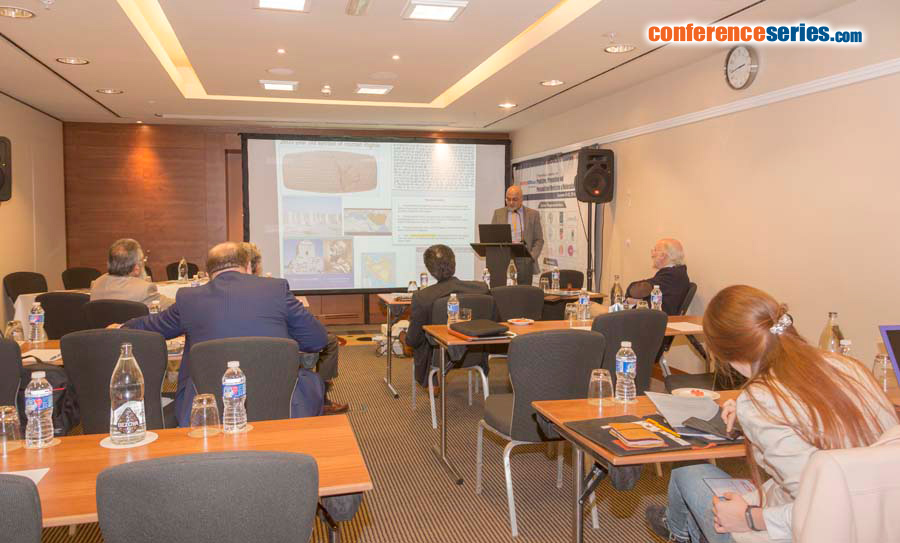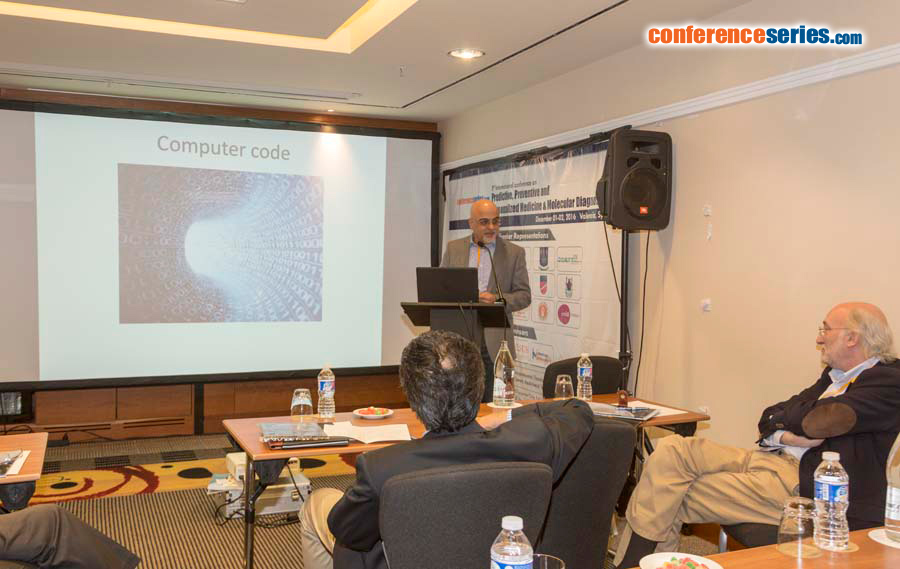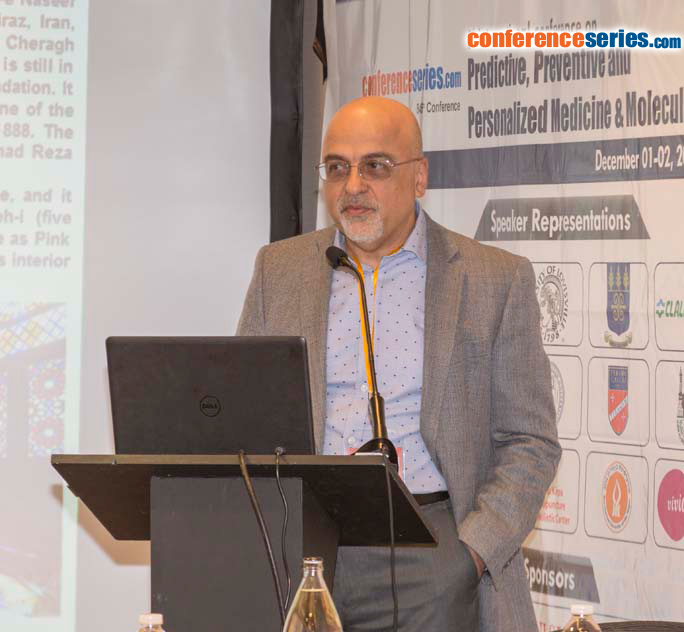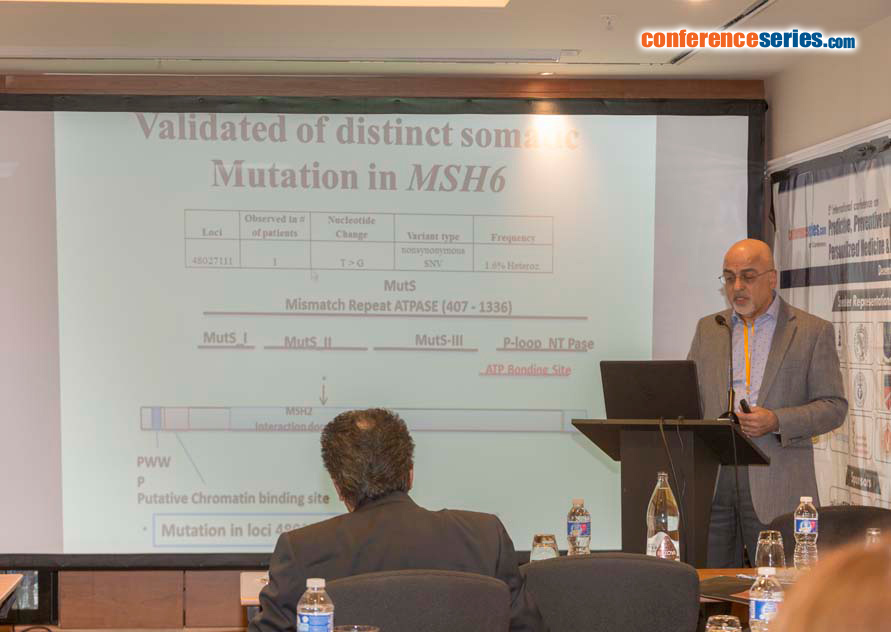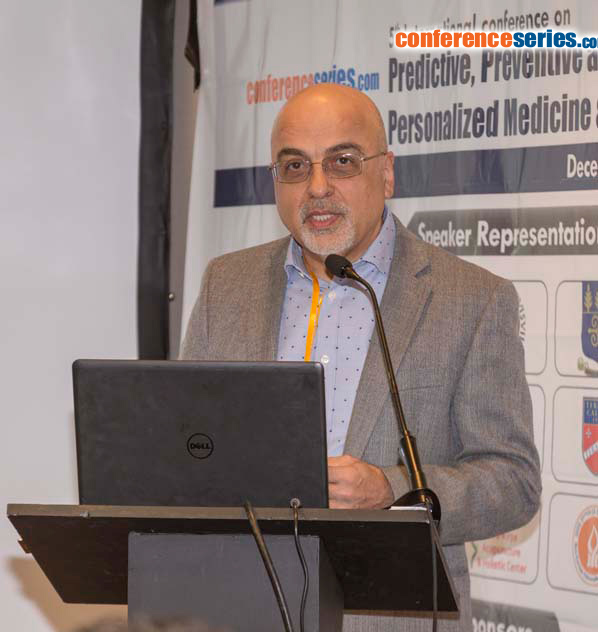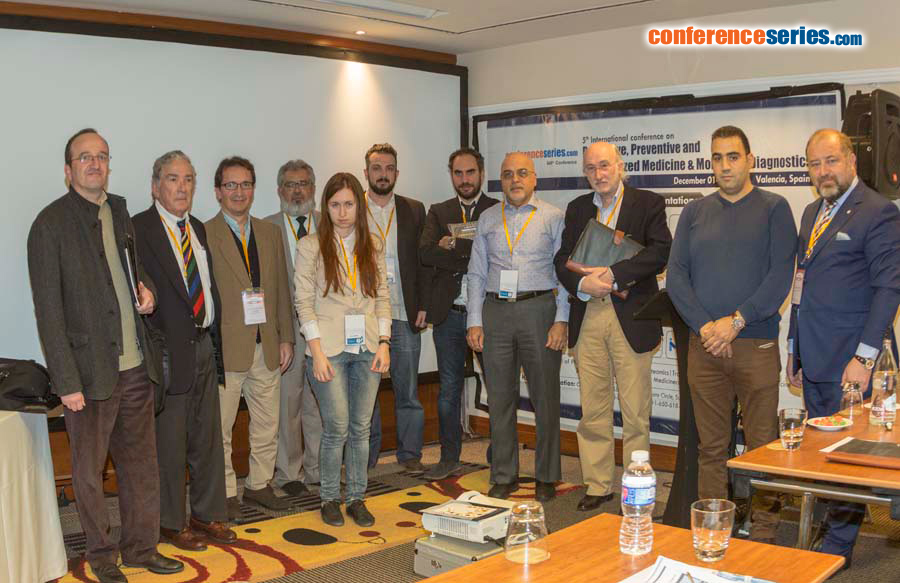
Hassan Ashktorab
Howard University, USA
Title: Precision medicine: Role of rare mutation in colorectal cancer
Biography
Biography: Hassan Ashktorab
Abstract
Background & Aim: Several driver mutations have been discovered in colorectal cancer (CRC) progression including KRAS and BRAF that have practical significant therapeutic and prognostic value. Whole exome sequencing (WES) is revolutionizing screening for pathogenic single nucleotide variants (SNV) in complex disorders such as CRC. Little or no studies have comprehensively examined the association between somatic genetic variants in signaling pathways and risk of CRC in African Americans (AA). We aimed to determine somatic variants that drive colorectal carcinogenesis in AA.
Methods: WES was carried out on genomic DNA from 12 normal-tumor pairs of frozen biopsies from AA patients with CRC. For WES, base call quality recalibration, realignment around Indels, SNV calling and variants call recalibration were carried out using GATK (Genome Analysis Tool Kit) and normative population databases (e.g., 1000 Genomes SNP database, dbSNP and HapMap) provided the capability to filter genetic variants from putative mutations. Variants were then annotated using Annova. Sanger sequencing was used for validation of SNV.
Results: WES uncovered somatic mutations alteration in many genes that are known targets in CRC including APC, BRAF, KRAS, Notch1, PIK3C2A and NDRG4. We discovered a number of novel SNVs in EID3, RGS3, HNRNPF, GNAS and APC in tumor samples. We detected several rare and unique alterations in the known Wnt pathway gene: APC, MSH3 and ARID1. In addition, all three of these variants, APC4664, APC3418 and APC3862, are located in exon 15, which is the portion of APC most highly associated with CRC risk.
Conclusion: This work provides insight into identification of novel somatic mutations in APC, MSH3 and PIK3CA from both Caucasian and African Americans with CRC. Our data suggest an association between specific genes in the Wnt signaling pathway and risk of CRC. The precise cancer genomes approaches may be effective in detecting CRC based on personalized medicine as a guide to develop more effective way for reducing cancer morbidity and mortality.


